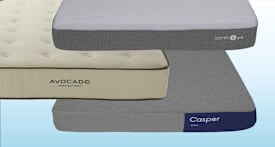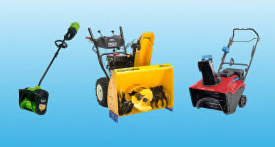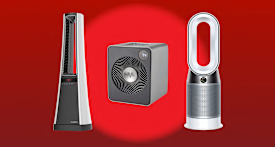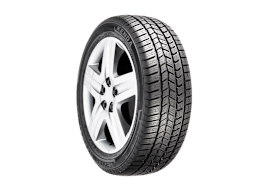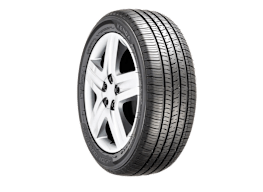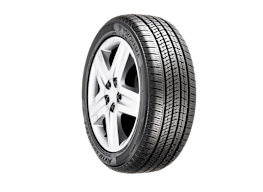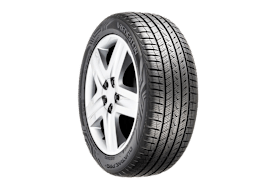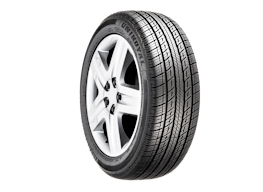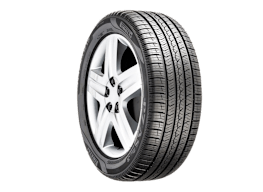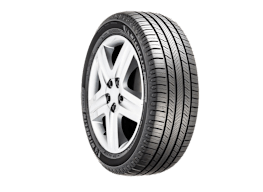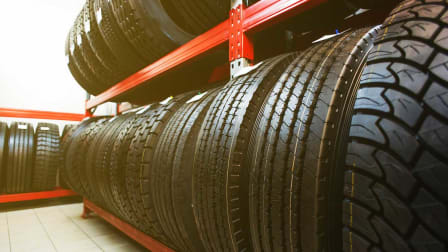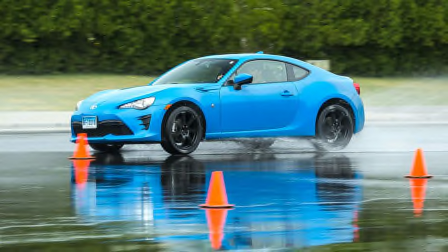Top Pick Tires: The Best Car, SUV, and Truck Tires
Consumer Reports testing reveals the best tires for each type of car
When you shop through retailer links on our site, we may earn affiliate commissions. 100% of the fees we collect are used to support our nonprofit mission. Learn more.

Wet handling and braking are tested on a special section of our track facility, where water depth can be carefully controlled, ensuring repeatable conditions for every test run.
Tires may all look similar, but Consumer Reports’ testing shows that performance can vary significantly: how well they grip, how they affect braking distances, and even how long they last.
CR manages a massive tire-testing program, based in our 327-acre Auto Test Center. We also drive in northern Michigan snow, evaluate ice braking at a skating rink, run lab simulations to measure rolling resistance, and conduct 16,000-mile, real-world treadwear tests on Texas roads.
- Top Picks Tires for: Cars and Small SUVs Sports Cars Midsized SUVs Pickup Trucks Off-Roaders Cars in Winter
- How CR Tests Tires
Best Tire for Cars and Small SUVs
Most mainstream cars and small SUVs can use all-season tires, the most common tire type. All-seasons are known for balanced performance, long tread life, and relatively low cost, making them a good option for many drivers.
Michelin Defender2
For cars and small SUVs, the Michelin Defender2 is the clear winner. It earns above-average scores for dry braking, resistance to hydroplaning, snow traction, and noise. Plus, its projected tread life is 100,000 miles, the highest of any tire we tested, making it a long-term value. In our surveys, owners gave the Defender2 top marks for satisfaction.
Best Tire for Sports Cars
Sports cars, sporty luxury cars, and some performance-tuned SUVs wear ultra-high-performance (UHP) tires to make the most of their power and road-hugging suspensions. These tires are specifically designed for serious grip in any season, with significantly better handling and more responsive steering in wet and dry conditions than regular all-season tires. The compromise is that UHP tires sacrifice ride comfort and don’t last as long as regular all-seasons. For those who are comfortable with those trade-offs, the top UHP all-season tire is the Michelin Pilot Sport All Season 4.
Michelin Pilot Sport All Season 4
The Pilot Sport All Season 4 gets top marks for dry braking, hydroplaning resistance, and noise. It also delivers above-average handling, snow traction, and braking performance on wet surfaces. Plus, members give it the highest rating for satisfaction. If want a UHP tire with even more sport capability than the Michelin and don’t need all-season versatility, UHP Summer tires earned the highest scores for performance in our tests.
Best Tire for Midsized SUVs
All-season SUV tires are mostly engineered for modern crossovers, aka midsized SUVs. The design of these tires is between regular all-season car and compact SUV tires, and tires made for larger trucks. They’re tuned for the performance, ride comfort, load capacity, and light-duty towing needed from this category of two- and three-row vehicles.
Michelin CrossClimate2
The Michelin CrossClimate2 is the clear standout among all-season SUV tires, with an Overall Score that is several points above its nearest rivals. This exceptional tire provides above-average—or greater—performance in every test. Plus, it is an all-weather tire, meaning it has cold-weather capabilities like dedicated winter/snow tires but can be used all year. Its high cost is offset by the epic 95,000-mile predicted tread life.
Best Tire for Pickup Trucks
Good all-season truck tires perform well in most conditions, and they are specifically designed for the rigors of a full-sized pickup truck or SUV. Specifically, these tires are engineered to support the heavy payloads and trailers these larger vehicles are capable of moving.
Continental TerrainContact H/T
The Continental TerrainContact H/T dominates this category, with snow traction and noise being notable high points that contribute to an Overall Score well above its nearest competitor. Dry braking, handling, and ice braking test results were above average. Plus, this Continental boasts the longest predicted tread life in the category at 70,000 miles.
Best Tire for Off-Roaders
All-terrain truck tires are engineered for some off-road use, with a rugged tread designed to provide a good traction whether they’re holding on to pavement or clawing through loose dirt. But all-terrain tires typically have slightly less grip in braking (both dry and wet) and lower handling limits than road-focused tires. Many of these pricey, tough-looking tires also bring noise and rolling-resistance compromises.
Continental TerrainContact A/T
The Continental TerrainContact A/T earns average or better scores in all test categories, including for dry braking, handling, and hydroplaning resistance. Of special note, it receives top marks for noise, a trait that can be a particular concern in this category. Even with its off-road capabilities, our tests indicate that this tire can be expected to last up to 65,000 miles. All told, this Continental is a great on-road performer in a category focused on off-road adventure and cosmetics.
Best Tire for Cars in Winter
Winter/snow tires offer superior winter grip. In cold and wet weather, they can go, stop, and take corners better than other types of tires. The trade-off is that winter/snow tires will wear faster than all-season tires because the rubber used is formulated to stay pliable at freezing temperatures, and the tread is designed to prioritize grip in snow and ice over longevity. Most winter/snow tires don’t carry a mileage warranty and are intended only for seasonal use, so we don’t include their tread life in our assessments.
Nokian Hakkapeliitta R5
The Nokian Hakkapeliitta R5 dominates the ratings for this category, delivering excellent snow traction and ice braking. Dry braking, resistance to hydroplaning, ride comfort, and noise are all average, but it earned the highest mark for satisfaction among members in our survey. All told, these tires excel at their snow-bounding mission.
How CR Tests Tires
Every year, Consumer Reports purchases, installs, and tests more than 40 tire models across cars, SUVs, and trucks. In this massive program, we test of about 800 tires every 12 months.
We test them at our track in Connecticut for wet and dry braking and handling, ride comfort and quietness, and resistance to hydroplaning—when water gets between the tire and the pavement. We perform our snow-traction tests at our Auto Test Center and in northern Michigan. Ice-braking evaluations are performed at a skating rink. We also commission outside labs to measure each tire’s rolling resistance, which affects fuel economy.
Our testers run extensive 16,000-mile treadwear tests on public roads in western Texas. The results from those real-world tests are used to predict tread life, enabling us to offer buying advice based on actual miles driven, instead of relying on government ratings or manufacturer promises.
@consumerreports Our testing reveals the best tires for each type of car. Tap the link in our bio to see the best car, SUV, and truck tires. #cartok #carsoftiktok #carcommunity
♬ original sound - Consumer Reports




